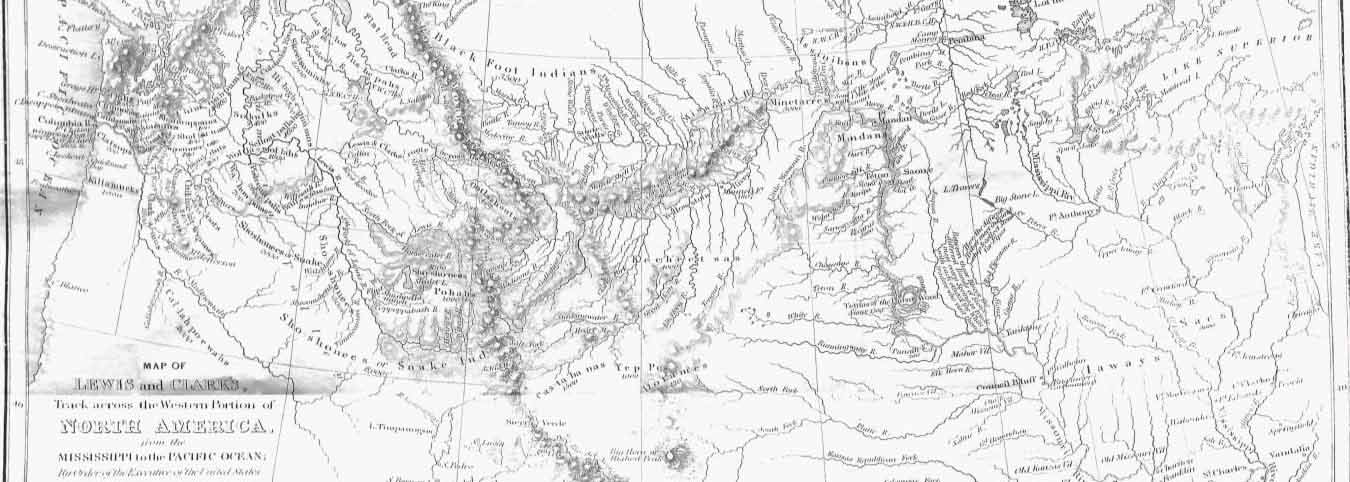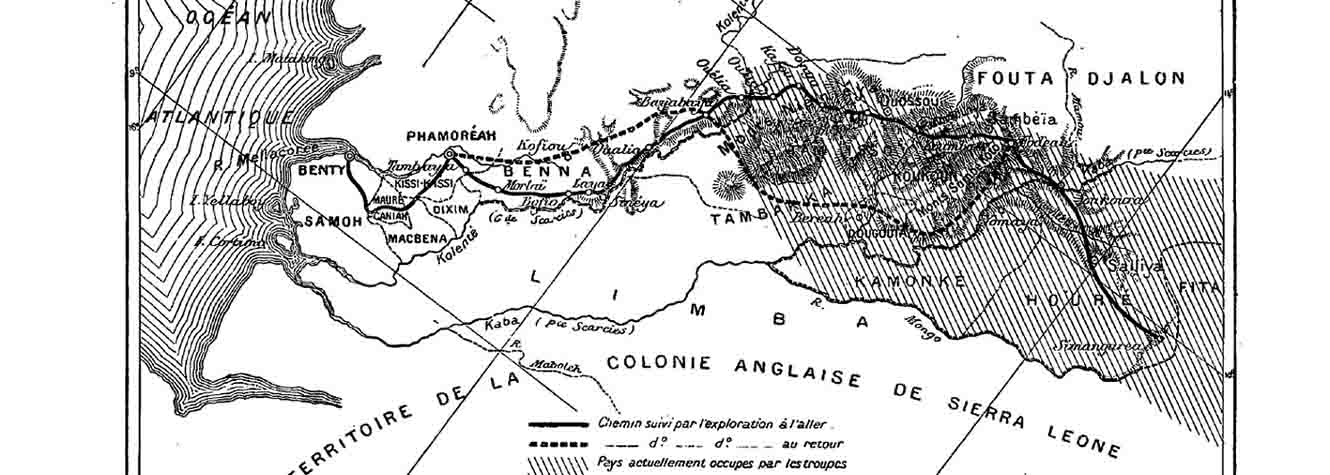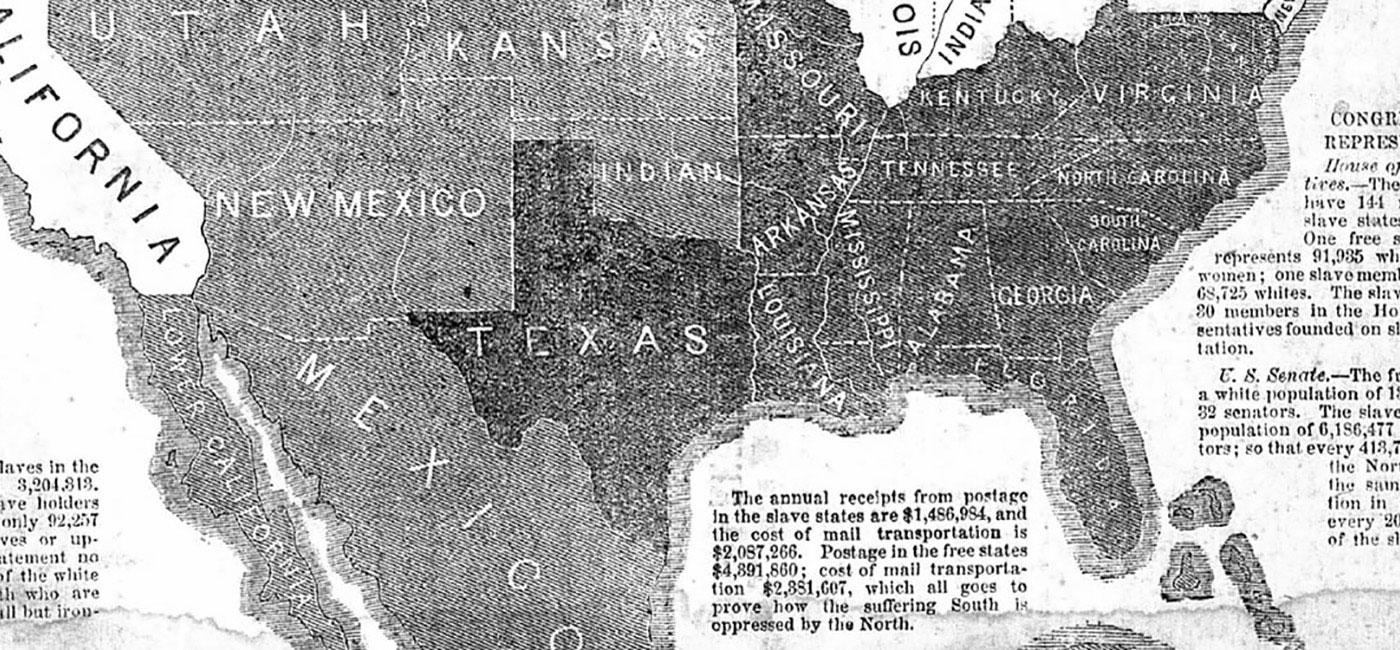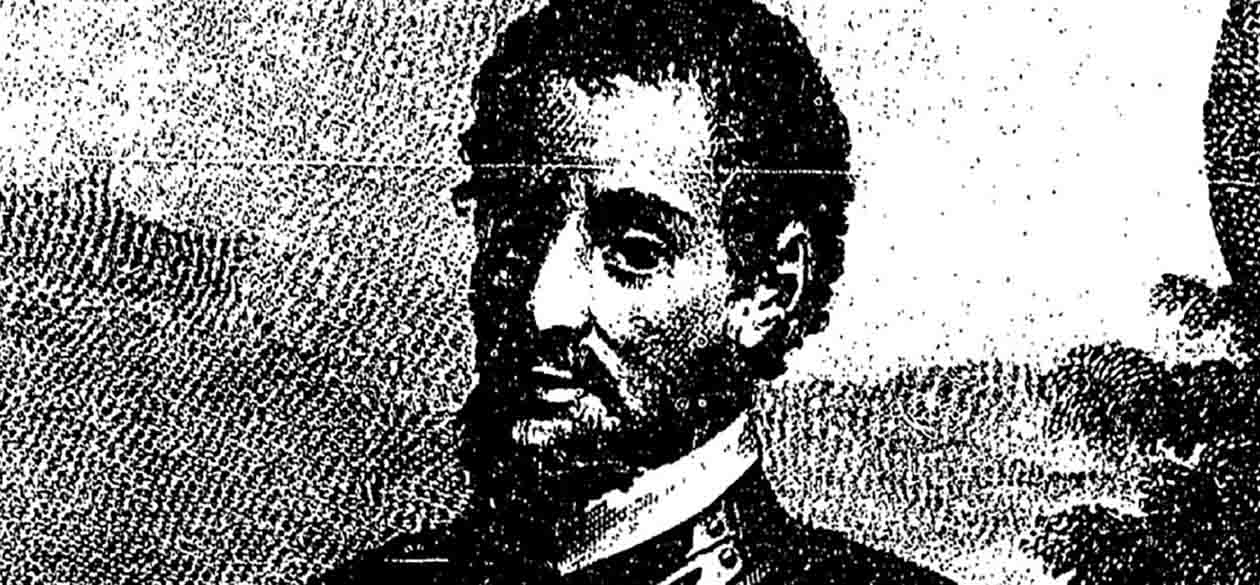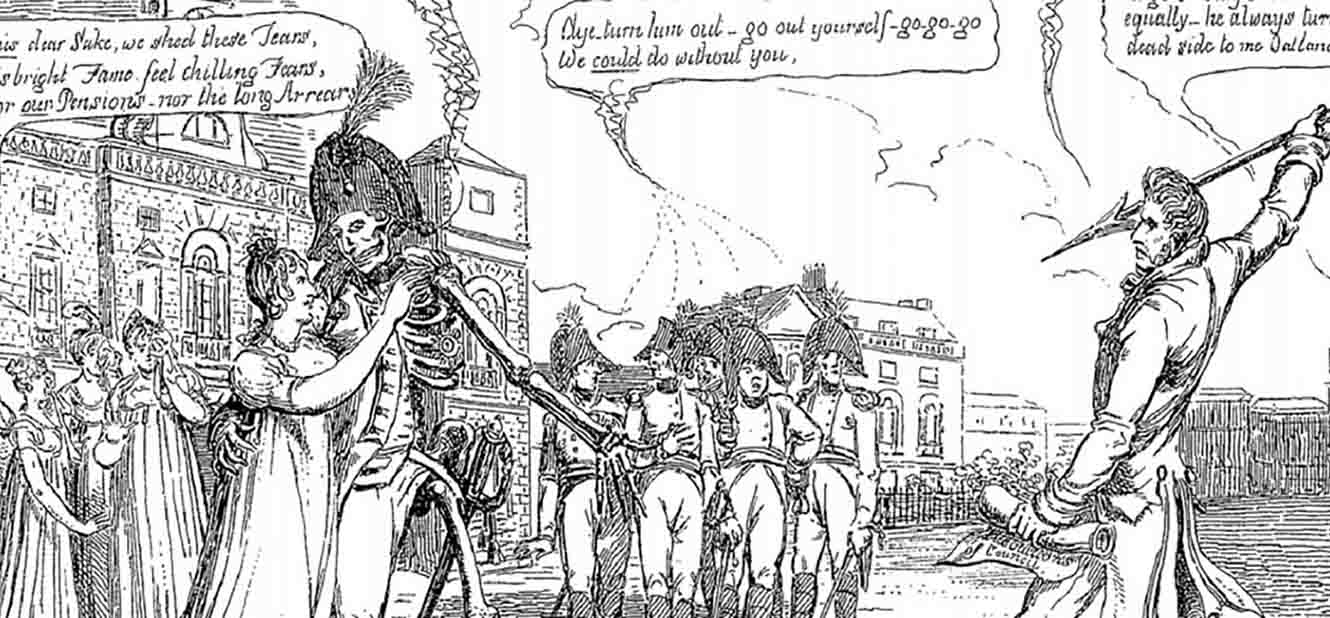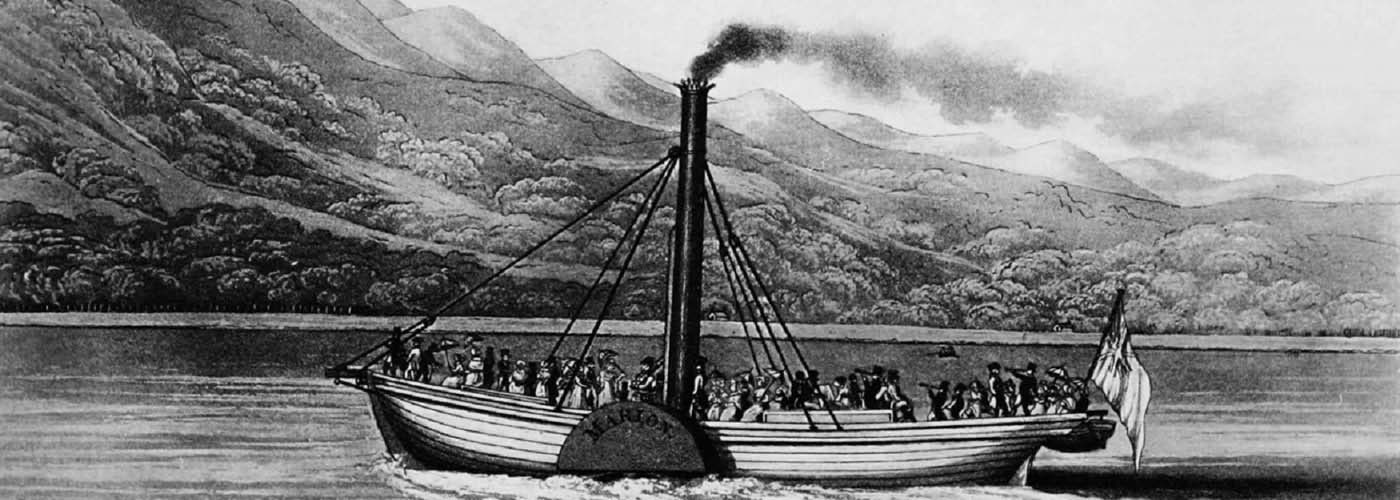Enhance your study of the institution of slavery with records and accounts that document a range of perspectives, issues, and events.
Part III: The Institution of Slavery is particularly strong in its significant coverage of Africa, Europe, and the Caribbean. It examines the institution of slavery through legal documents, plantation records, personal accounts, newspapers, and government documents, opening up opportunities for in-depth research on how enslaved people struggled to change their fates and by whatever means necessary. This unique grouping of primary source materials explores slavery as a labor and legal system, the relationship between master and slave, slavery and religion, free labor, and the lives of free African Americans, covering 1490 to 1888.
Part III: The Institution of Slavery includes several key collections essential to the study of slavery:
- Records of East Florida
- Appellate Case File No. 3230, Dred Scott v. Sandford, 60 US 393 (19 Howard 393), Decided March 6, 1857 and Related Records
- Benjamin Tappan Papers
- Blair Family Papers, 1755-1968
- J.F.H. Claiborne Papers, 1818-1885
- James Henry Hammond Papers
- John J. Crittenden Papers, 1783-1913
- Official Transcripts of Reports on the State of the British Colonies in North America and the West Indies: 1721-1766
- The National Anti-Slavery Standard
- Journals of the Assembly of Jamaica
- Records of the Senate Select Committee Investigating John Brown's Raid at Harper's Ferry, Virginia
- and much more.
FEATURED REVIEW
“This database is an unparalleled resource for expert historians and undergraduate students alike. What's particularly exciting is that the current iteration is merely the beginning of an ongoing endeavor. Simply put, nothing is comparable to SAS. This project is unequivocally the most important undertaking related to the study of slavery. Essential. Upper-level undergraduates through faculty/researchers.”
- Choice
Look Inside
Additional Details
subjects covered
- Black Studies
- African Studies
- African-American Studies
- European Studies
- Humanities & Social Sciences
- Latina / Latin America / Caribbean Studies
- U.S. History
Platform Features & Tools
Term Frequency
Researchers can see the frequency of search terms within sets of content to begin identifying central themes and assessing how individuals, places, events, and ideas interact and develop over time.
Topic Finder
By grouping commonly occurring themes, this tool reveals hidden connections within search terms—helping to shape research by integrating diverse content with relevant information.
Cross-Search Capability
Search across the materials of complementary primary source products, including books, in one united, intuitive environment, enabling innovative new research connections.
Reviews & Testimonials
“This comprehensive digital collection is not only valuable, it is a treasure trove.”
“Collections include sources from the American Colonization Society and the Anti-Slavery Collection from Oberlin College, among many others.”





